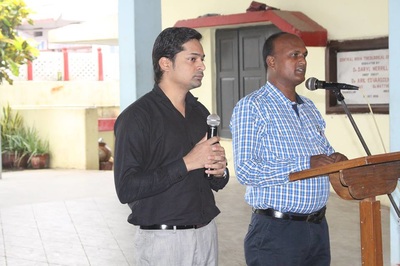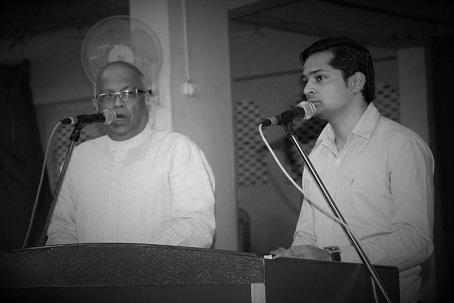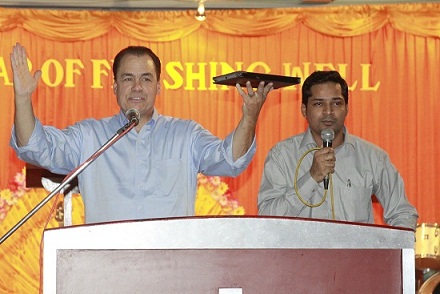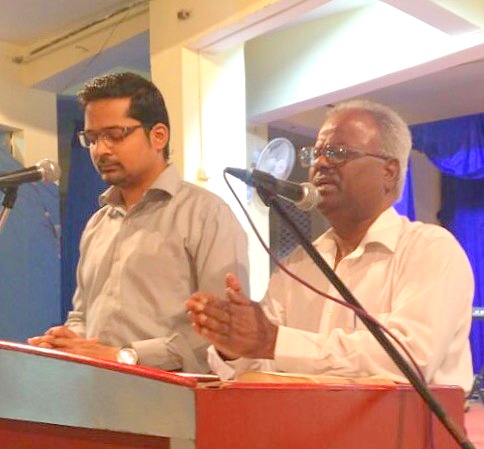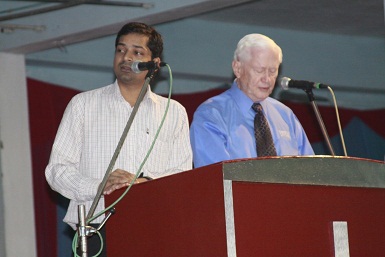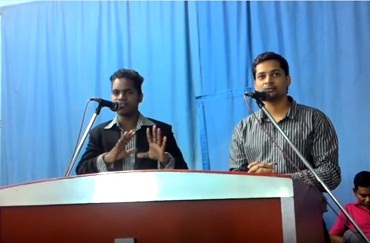Pages: 320, Year: 1969,
ISBN-10: 0877847126
Colin Brown is senior
professor of Systematic Theology at Fuller Theological Seminary in Pasadena,
California. He served as editor of The New International Dictionary of New Testament Theology and is the author of several books, including Miracles
and the Critical Mind, History and Faith, and Jesus in European
Protestant Thought.
Chapters include:
I. Medieval Philosophy;
Augustine and Greek philosophy 2. Metaphysics 3. Anselm and Ontological
Argument 4. Aquinas; Five ways and analogy 5. The significance of Medieval
Philosophy
II. Reformation thought
Rationalism; Decartes,
Spinoza, Leibniz, Pascal, Empiricist; Locke, Berkeley, Hume, Enlightenment;
Rousseau, Voltaire, Lessing, Kant
III. 19th century
philosophy
1.
Schleiermacher, Hegel and Idealism,
Kierkegaard, Atheism and Agnosticism; Feuerbach, Marx and Dialectical
Materialism, Nietzsche, Comte and Positivism, Mill and Utilitarianism, Peirce,
James and Pragmatism, Darwin.
2.
Trend in theology; Liberal Theology,
Catholic reaction, conservative scholarship
IV. 20th century philosophy
Logical
positivism, Reaction, Religious language, Existentialism; Bultmann and Tillich,
New Radicalism; Bonhoeffer, Honest to God and Death of God
Secular
British philosophy; Wittenstein, Moore and Russell, Humanism; Otto, Buber and
Teilhard, Neothomis, Reformed theology; Til, Barth, Schaeffer.
He categorizes his work
thus; "Histories of philosophy are not normally designed to be read
through in bed, and the present one is not necessarily intended to be read
through consecutively."
Colin Brown uncovers an
astute brief review of alternative philosophical bases of Christian doctrine
that influenced the faith of Christians in the course of history. This is an
orderly work of an unusually gifted, and intensely dedicated theologian to
present an analytical history of philosophy, with an emphasis on the diverse
interpretations of the constant encounters of the trends and approaches of
philosophy with Christian faith. Colin Brown concludes in the postscript with
lessons from the past criticizing the inadequacy of philosophical systems.
Although he cautions against reliance on a particular philosophy, he identifies
the need of the philosophy's stimulating analysis that pushes Christian
theologians to reassess their positions.
In contrast to his
planned fast tour of medieval philosophy, he already started to interpret
Anselm by Barth and Hartshorne. The author gave the Twentieth Century a
comparative elaborate and critical assessment of new drifts in logical
positivism, and religious language before he analyses existentialism in the
instance of Bultmann and Tillich. He then presents New Radicalism in
Bonhoeffer, before his thorough exposition of J.A.T. Robinson's, Honest to God.
He would not abstain from analyzing the 'Death of God' movement, but gives his
overview on Cornilius Van Till and Francis Schaeffer.
“As we saw when we were looking at theological trends in the nineteenth century, Evangelicals made great contributions to evangelism and even to biblical scholarship; but they contributed little or nothing to the philosophical defense of their faith. For many, scholarship had a largely negative value. It was useful to defend the faith against hostile criticism. Few Evangelicals seem to have considered the philosophical implications of a faith based upon God's revelation of himself and their significance for apologetics." (Pg. 245)
Author closes,
"The task of the philosophy of religion is the descriptive and critical
analysis of the act, content and presuppositions of belief... It will seek to
analyze the phenomenon of prayer, and the validity of claims that are made that
God answers prayer. It will be interested in the credentials of alleged
miracles (both biblical and otherwise). The question of the existence of evil
is one which each generation has to face. It will be especially interested in
the Christian claim that God is the creator of the world and its sustainer in
the light of the widespread assumption that the world is to be explained
entirely in terms of natural causes. The study of philosophy is no task for
those who have opted out of life... There are many unsolved problems... But
because the Christian is convinced that God is the God of all truth, he will
not lose heart." (Pg. 288-289)
Unlike most histories
of philosophy, he does not start with the Greeks, but with medieval philosophy
(Augustine, Anselm, Thomas Aquinas, etc. The objective of this book is to make
a study of the core thinkers and cerebral movements of western thought of the past
thousand years, with a view to presenting how they move Christian belief. In
just over 300 pages, Brown covers a lot of ideas. For anyone interested in
philosophical studies, this is a great introduction to philosophical theology,
or for a general overview of the history of philosophy.
Image Source: http://d.gr-assets.com/books/1348637703l/617084.jpg


